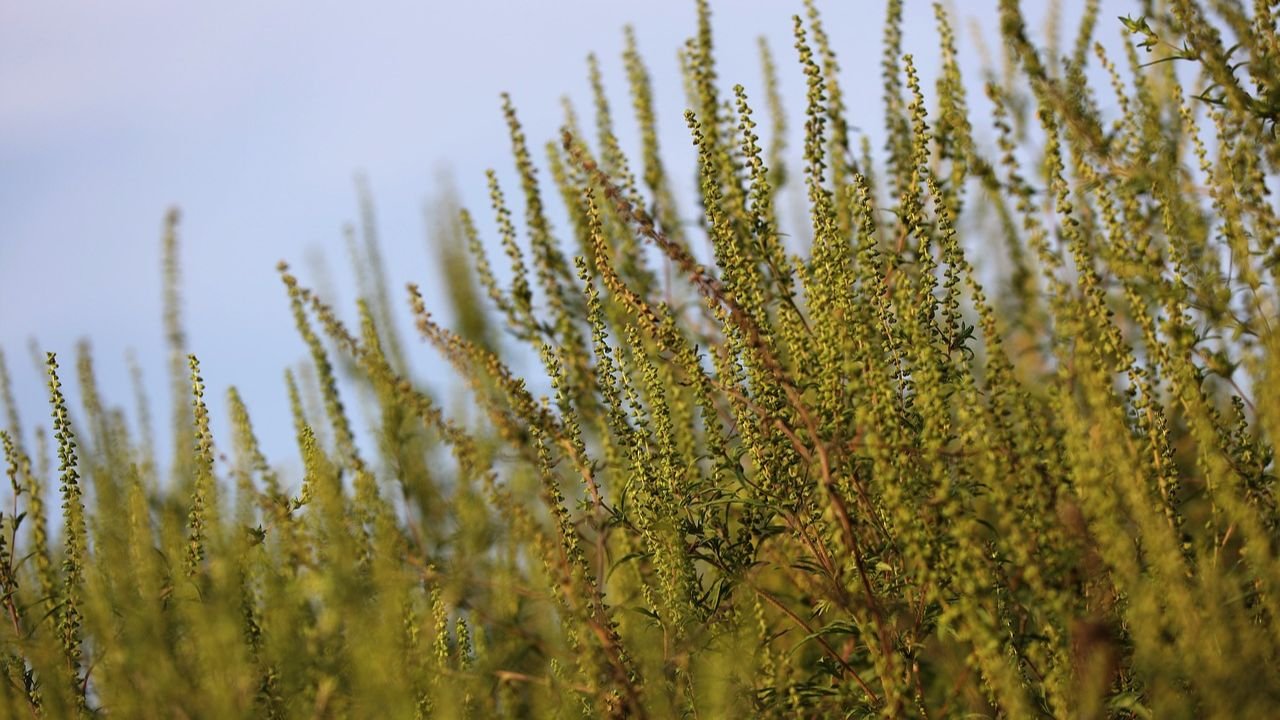Fall brings crisp air, colorful leaves, and cooler days — but it also ushers in another less pleasant visitor: seasonal allergies. For many, the season of cozy sweaters and pumpkin spice comes with runny noses, itchy eyes, and frequent coughing.
Greenville resident Laurie Anderson knows this all too well. “Itchy throat, watery eyes, coughing — it’s the same story every fall,” she shared. “I try home remedies first, but when it gets worse, I visit the Delta Health Medical Center clinic.”
Common Causes of Fall Allergies
While spring allergies are often caused by pollen, grass, and mold, the fall season introduces a new set of triggers. The top culprits include:
| Allergen | Common Source | Typical Reaction |
|---|---|---|
| Ragweed | Outdoor plants and weeds | Sneezing, itchy eyes, congestion |
| Mold spores | Damp leaves and soil | Runny nose, watery eyes |
| Dust mites | Indoor bedding and upholstery | Coughing, nasal irritation |
According to Dr. Advait Soni from the Delta Health System, one of the earliest signs of fall allergies is waking up with a stuffy or runny nose.
Expert Advice from Health Professionals
Dr. Soni recommends beginning treatment with simple steps before symptoms worsen. “Start with saline nasal irrigation and avoid known triggers like dust and mold,” he advised.
He also explained that fall allergies are a form of hay fever, a condition where the immune system reacts strongly to airborne particles. This causes inflammation in the nose, throat, and eyes.
“When patients have these allergic reactions, we usually suggest over-the-counter antihistamines or nasal sprays,” Soni said.
Home Remedies and When to Seek Medical Help
Anderson prefers to manage her symptoms naturally when possible. She turns to elderberry syrup and a mix of ginger and turmeric to soothe her throat and boost immunity. However, she admits that sometimes her allergies worsen.
“When I start running a fever or feeling really weak, that’s when I know it’s time to see the doctor,” she added.
Home remedies can help mild cases, but medical consultation becomes important when symptoms include fever, persistent coughing, or breathing difficulty.
Understanding the Body’s Reaction
The body treats allergens like invaders. When exposed to ragweed or mold, the immune system releases histamines, which cause the familiar itching, sneezing, and watery eyes. This natural defense mechanism is what makes fall allergy season so uncomfortable for millions of people.
Conclusion
As autumn transforms the landscape with vibrant colors, it also stirs up allergens that affect sensitive individuals. Recognizing symptoms early, avoiding triggers, and using a combination of medical treatments and natural remedies can make the season much more bearable. While Mother Nature changes her colors, a little preparation can help allergy sufferers breathe easier and enjoy the beauty of fall without constant sneezing.
FAQs
1. What are the main triggers of fall allergies?
The leading causes include ragweed pollen, mold spores, and dust mites, all of which become more active during cooler months.
2. How can I tell if my symptoms are from allergies or a cold?
Allergies often cause itchy eyes, sneezing, and congestion without a fever, while a cold typically involves fatigue and body aches.
3. What are the best remedies for fall allergies?
Using saline nasal sprays, antihistamines, and natural treatments like ginger or turmeric can help. Seek medical advice if symptoms persist.
